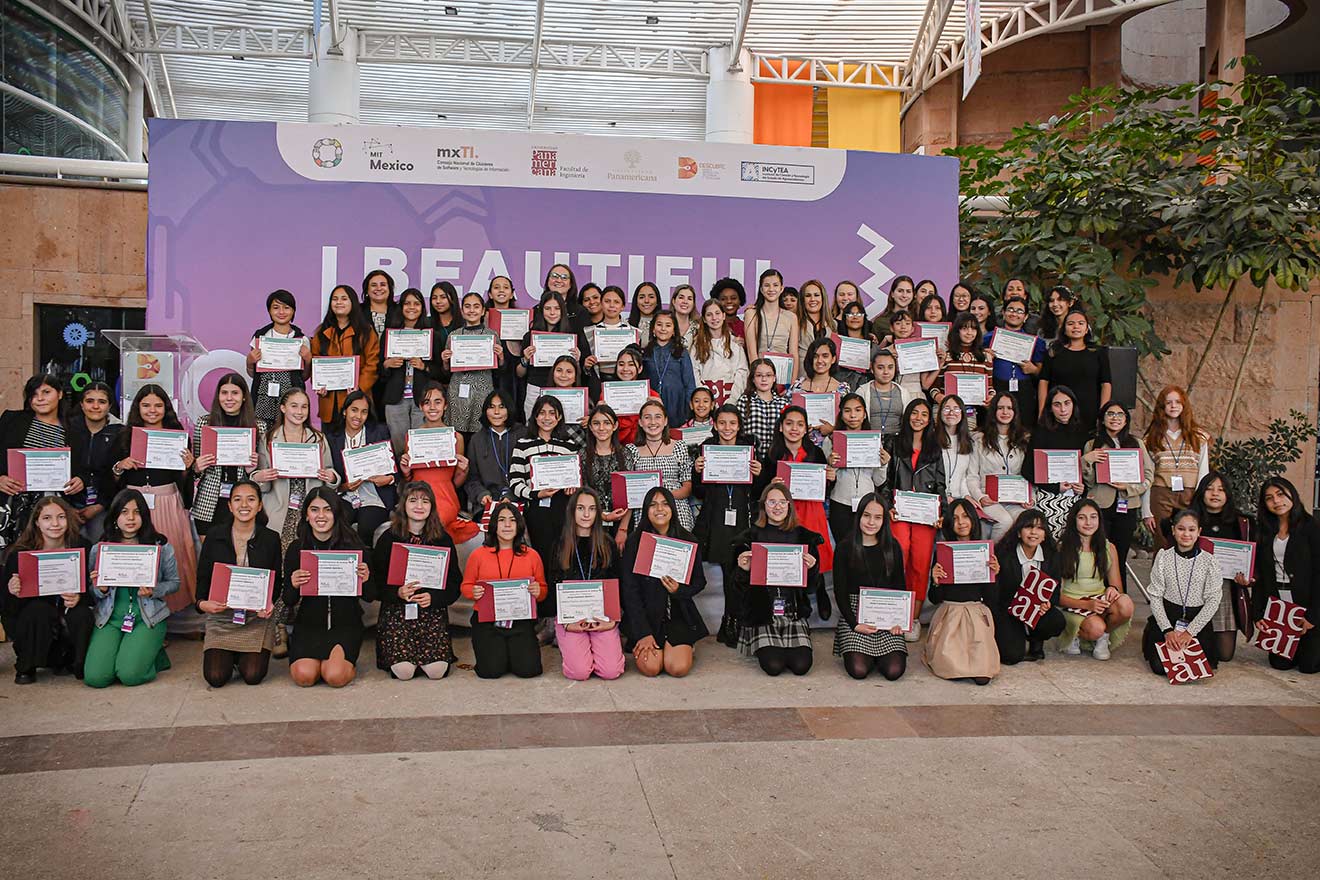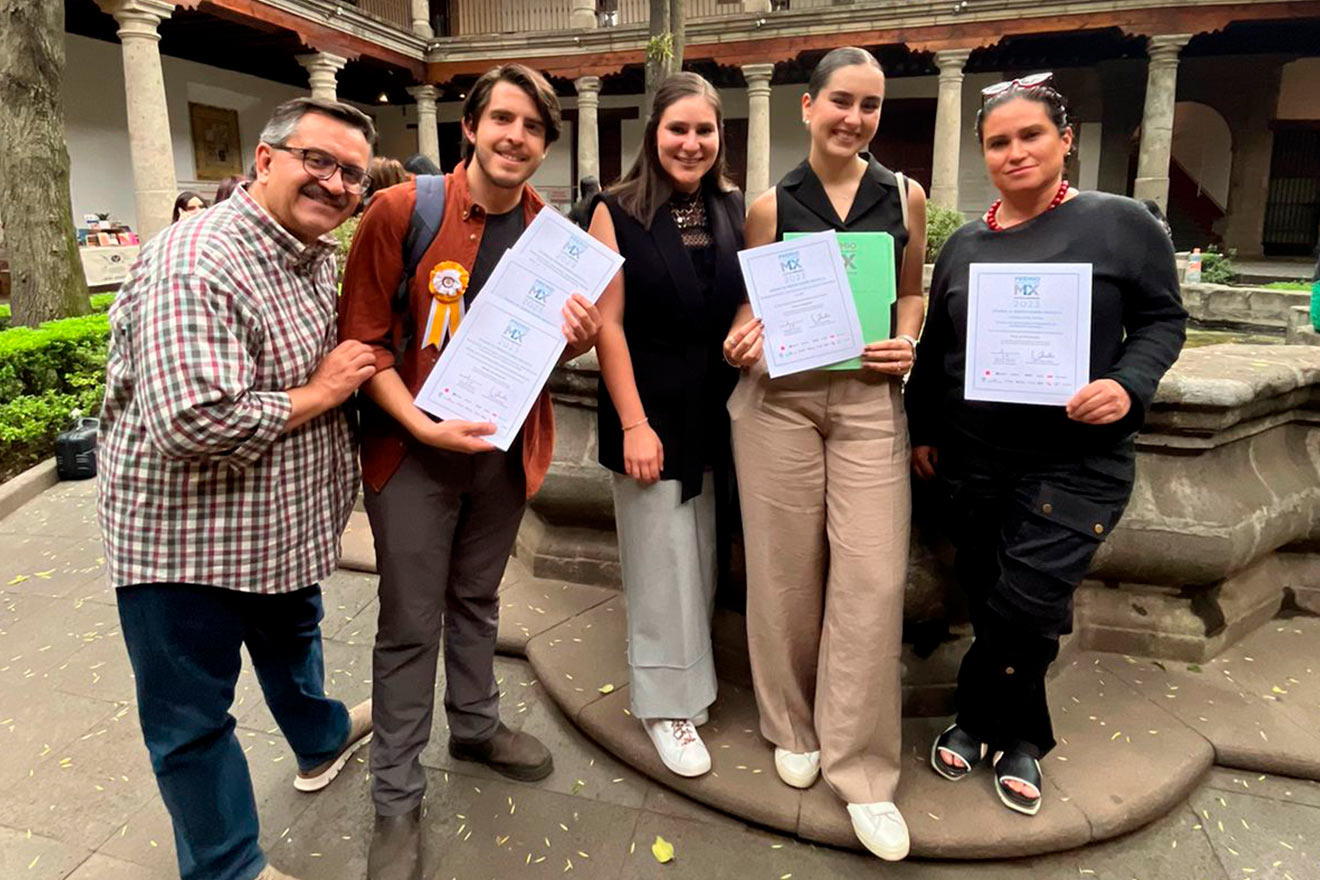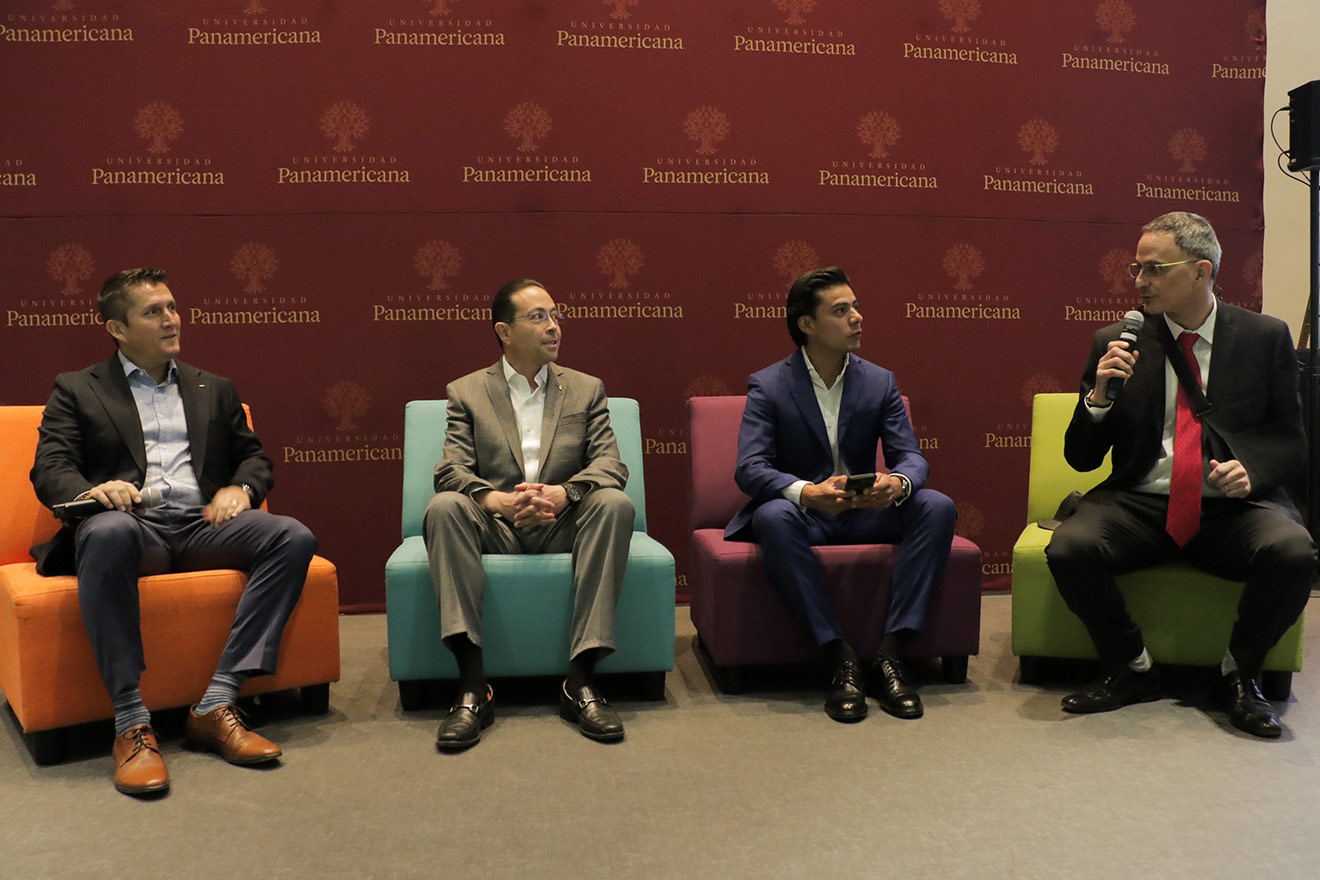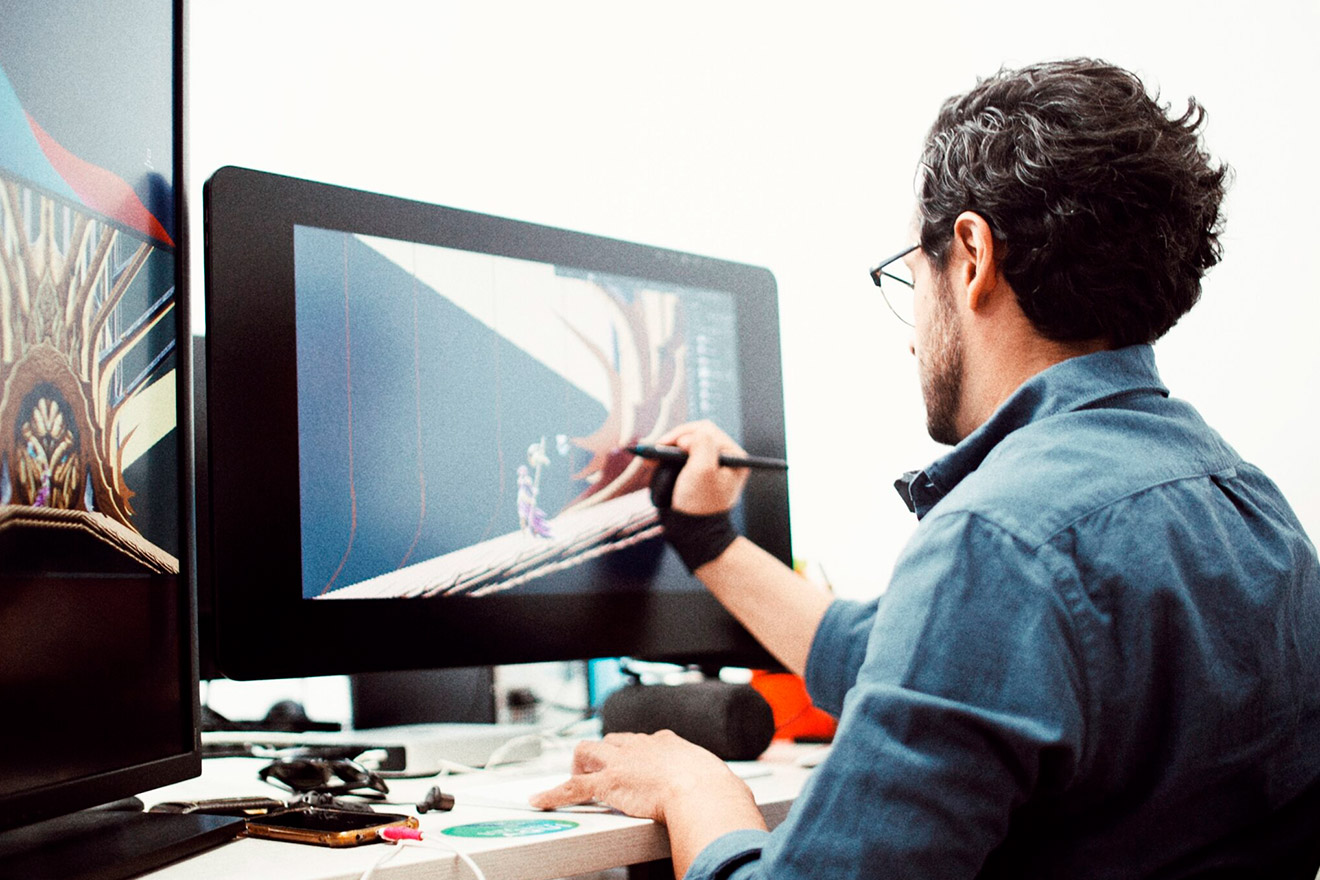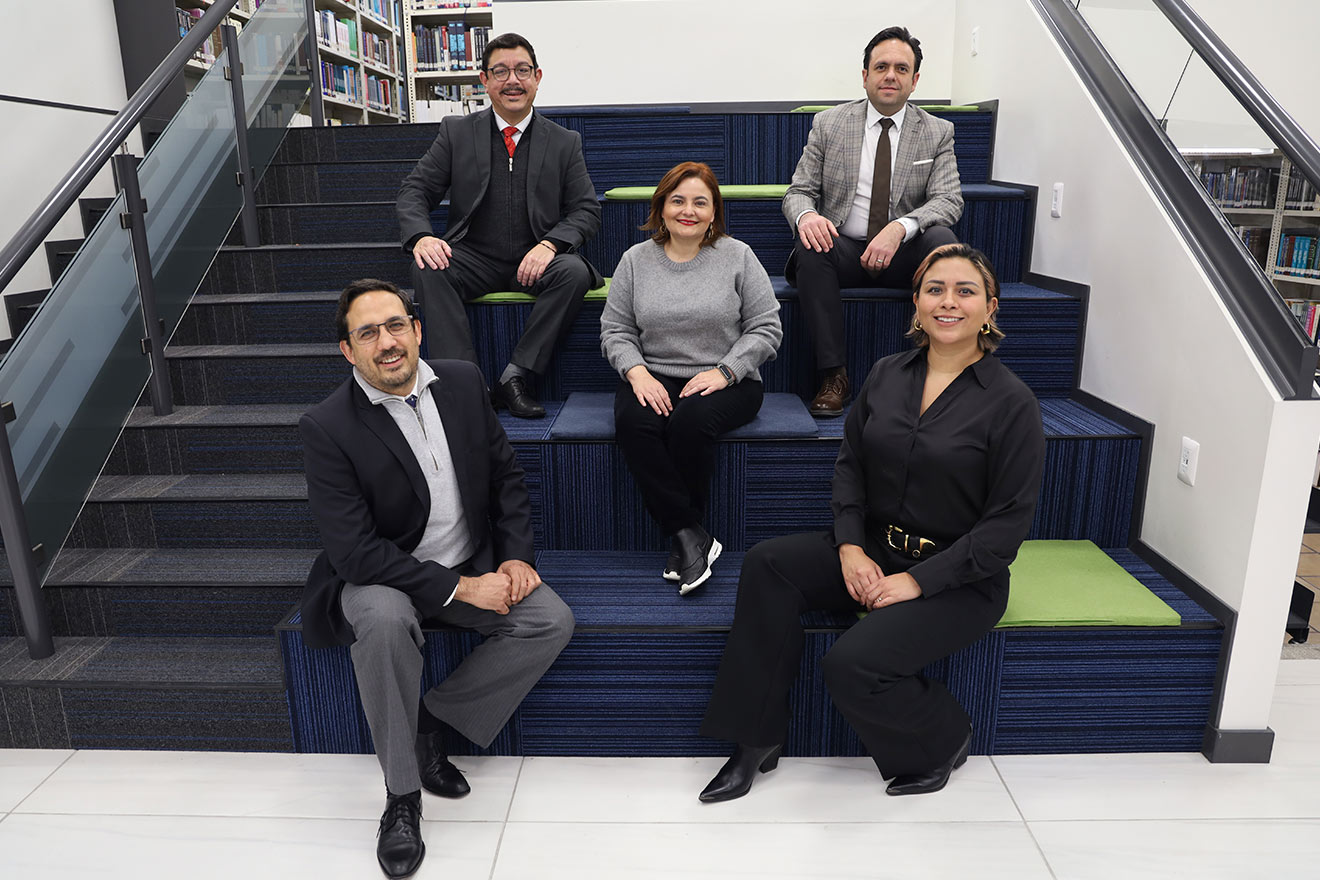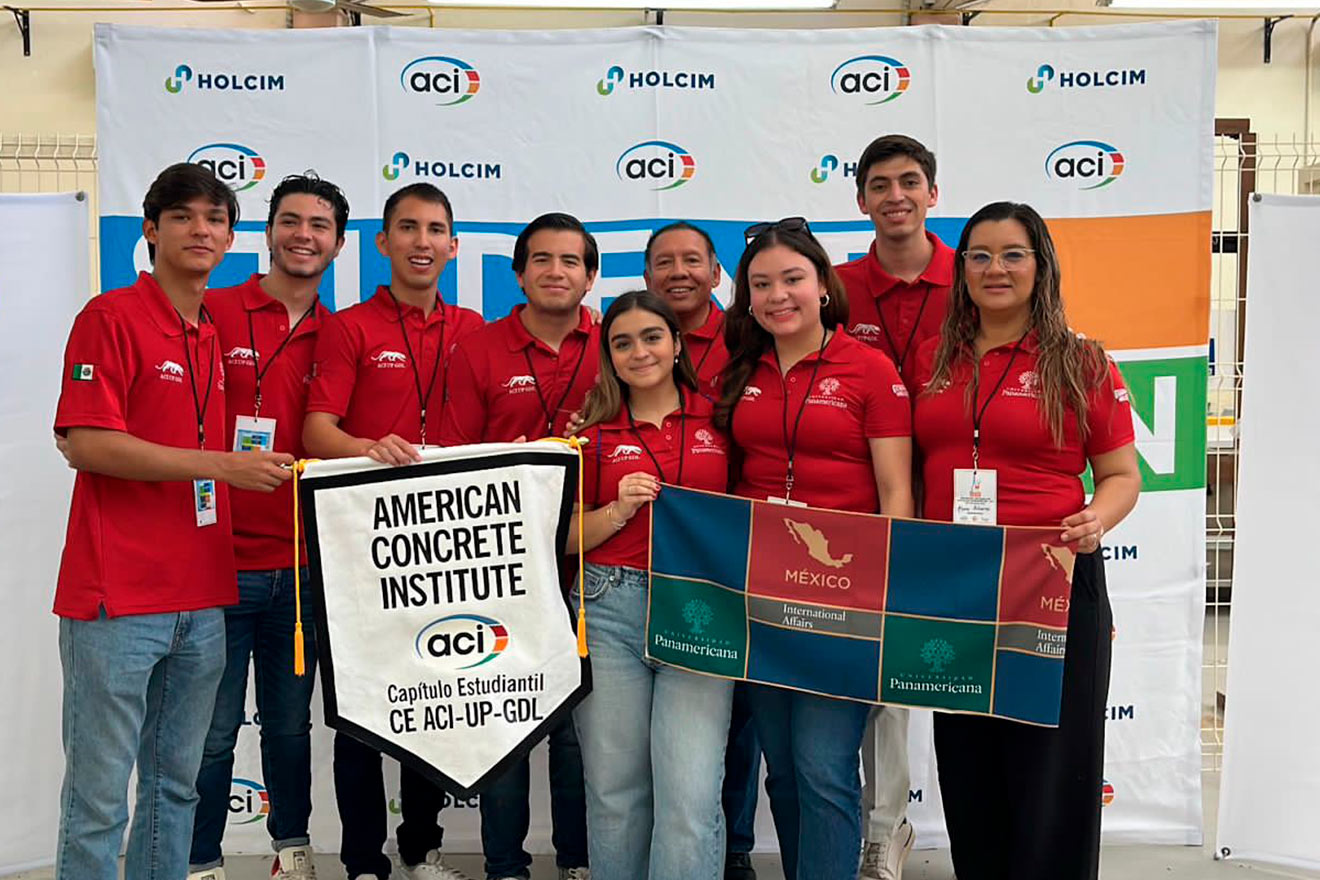Dr. Pia Berger has dedicated a large part of her career to research in the circular economy, focusing particularly on the study of renewable energies, carbon capture, and the development of new biomaterials such as biochar and biopolymers to take advantage of waste and convert it into raw materials for construction, fuels, insulation and a host of new resources.
The biopolymers research team also includes Dr. Crisdalith Cachutt Alvarado, from the School of Engineering; Dr. Julieta Domínguez Soberanes and Linda Carolina Hernández Lozano, both from the School of Food Business Management.
At the beginning of her professional career as a geologist focused on geophysics, Pia specialized in volcano monitoring and seismic tomography. Later, she worked in industry in the area of renewable energy and soil remediation.
In addition, he has conducted research in institutions abroad; countries such as France, Italy, Germany, Australia, United States and Mexico.
With eight years of constant work in our PanamericanaDr. Pia Berger teaches Alternative Energies and Chemistry classes for students of the Faculty of Engineering.
Circular Economy
His research has delved into the circular economy, where he has developed a bioplastic based on fruit waste such as oranges and mangoes. It should be noted that the circular economy seeks to care for the environment, and always strives for economy and sustainability.
On the other hand, in recent years, his work has focused directly on the development of biochar, the objective of which is to introduce it into the soils of our institution in order to save irrigation water and use less fertilizer.
"The idea is that twice a year, we introduce compost into the pastures, usually in winter and in summer, that is, during vacation time, and there we mix this compost with biochar," he reports.
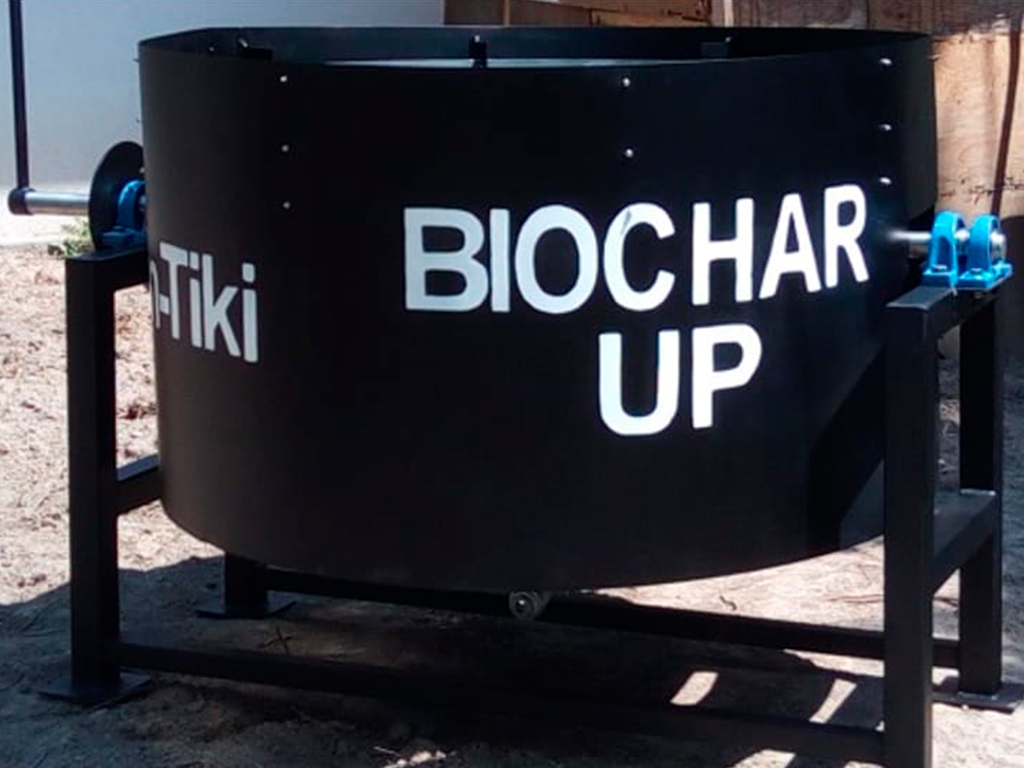
Joining forces in our institution
Our professors were able to make use of a Kon-Tiki, this device is capable of producing up to 50 kilograms of biochar per day, which is of very high quality, since it has at least 50 percent carbon, thanks to the process to which it is subjected. It is also made entirely from waste, in order to collaborate with the circular economy, a line of research of Dr. Pia. All this is analyzed under the European Biochar Certificate.
During the research, together with a thesis student, four types of biochar produced at the Kon-Tiki were analyzed ; three of them are suitable for integration as part of cow feed and the four were found to be suitable for introduction into soils.
An alternative for the agricultural sector
"Already with a percentage of biochar in the soil, you get very big benefits. For example, in agricultural fields, they need less water, less fertilizer, since the price has increased; the internal structure of the plants is strengthened, thus avoiding pests," he adds.
It is important to note that the use of biochar is of great benefit in the agricultural sector, since chicken and egg producers use this material to mix it with animal waste to disperse bad odors and absorb its nutrients. It can then be used as fertilizer.
Dr. Pia also comments "we conducted studies on landfill because there is a lot of wood waste that ends up there and they don't know what to do with it, so it is an excellent option to convert it into biochar, of course it always has to be waste".
Biochar also has sufficient properties and nutrients to make it an excellent choice as cattle feed. "Cows produce a lot of methane gas, so their stomachs become inflamed and they suffer. When you mix biochar with their feed, they will suffer less, they will feel better and they will be able to produce their products better," he concludes.
The circular economy improves the ecology and the economy itself by creating good quality products in an inexpensive way. This research on biochar and biopolymers is part of the strategy to reach this circular economy and continue to reduce waste that directly affects the health and well-being of people around the world.



